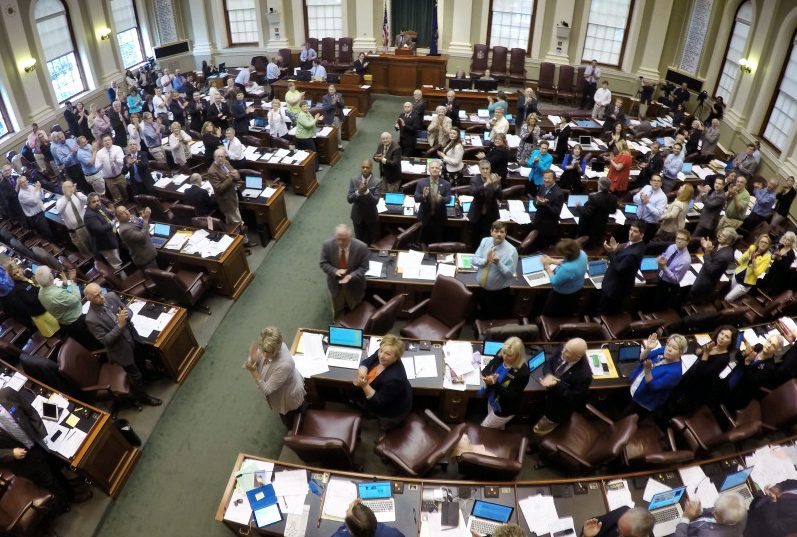Investing in economic development can be a good choice for a government that wants to grow jobs.
That’s why cities and towns work out tax-increment financing deals with private companies, shielding new or expanded facilities from property taxes. It’s why the state will offer tax credits and other incentives to companies that want to move to Maine or expand here. It’s why the state spends millions of dollars in other parts of the country every year to promote the tourism industry.
Whether these expenditures come in the form of a tax break or a direct appropriation, the principle is the same: The cost is spread broadly even though only specific businesses benefit. But when these deals result in new jobs, whole communities are better off.
What if it’s not an employer we are trying to lure here but employees? How does public-sector Maine help its private sector compete in a national labor market for highly educated workers who are needed to fill vacancies in key industries?
The Legislature is considering one promising idea, but it’s running out of time.
It involves helping workers pay off their student loans if they commit to staying in Maine for five years. A bill sponsored by Sen. Nate Libby, D-Lewiston, would raise $100 million to fund the program, which would be available both to Maine residents and graduates from other states who want to move here.
The bill, L.D. 1163, takes on several of the state’s biggest economic problems, and it has the support of legislative Democrats and Gov. LePage, who says it would respond to the No. 1 need he hears about from Maine businesses, which is the inability to fill key jobs in their organizations.
However, the bond is opposed by enough Republicans to keep it from reaching the two-thirds thresholds it would need to clear in both legislative houses to qualify for the ballot later this year. Offering tired arguments about “personal responsibility” and Maine’s debt burden, the bill’s opponents could miss an opportunity to turn things around.
By now, every Mainer should be familiar with the “demographic winter” that looms if we don’t find a way to lower our median age, which is the oldest in the nation. Labor economists predict that we would have to attract 10,000 working-age people every year just to replace the Mainers who turn 65. The problem is compounded by the young Mainers who leave the state after college because they can find better opportunities elsewhere.
But what if, in addition to Maine’s natural beauty and way of life as selling points, Maine companies could promise job recruits a chance to pay off their college loans? That would create an incentive to move here, not just for five years, but, for those who put down roots, a lifetime.
Some grouse that these students took on this debt willingly and should be expected to pay it off. That’s true, but remember, these are college graduates who can go to many states and make more money than they could here in Maine.
States with more robust economies are helping students pay off their loans in a different way.
Maine has the capacity to issue this bond without hurting its credit rating. With interest rates still at historic lows, this would be a cheap way of helping Maine businesses expand and communities to get stronger.
It would be a shame if the Legislature chooses to do nothing about such an important issue. Maine lawmakers should send this question out to the voters and let them decide if they want to invest in their collective future.
Send questions/comments to the editors.


